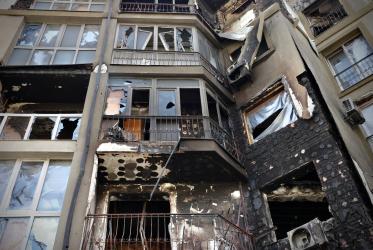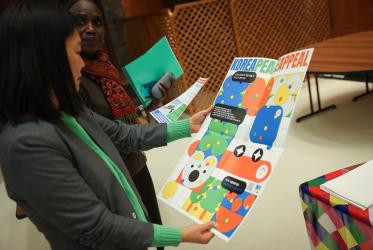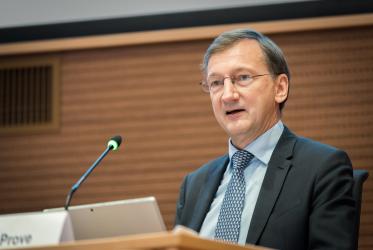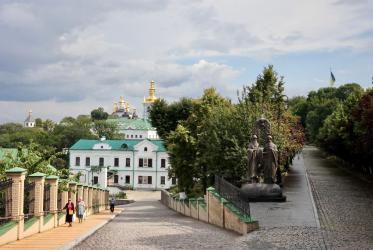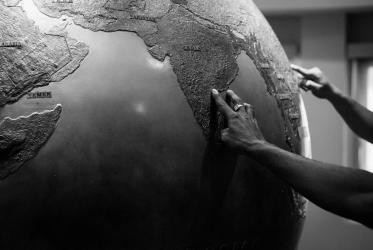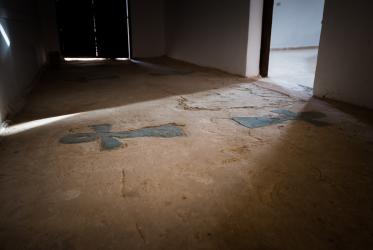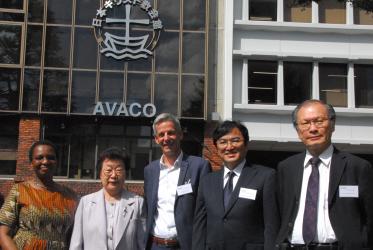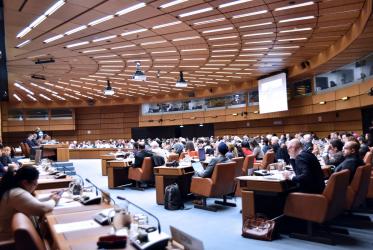Displaying 1 - 20 of 46
Ecumenical Forum for Korea finds hope amidst challenges for peace
07 December 2023
In Japan, theologians reflect on today’s global manifestations of racism
18 September 2019
A passionate Korean feminist and ecumenist
21 August 2019
Peacemakers at work in Sri Lanka
29 April 2019
Peace is common denominator of all major religions
05 March 2019
Unifying faiths in peace and harmony through dialogue
10 April 2018
Turning plans into action to prevent incitement to violence
14 February 2018
